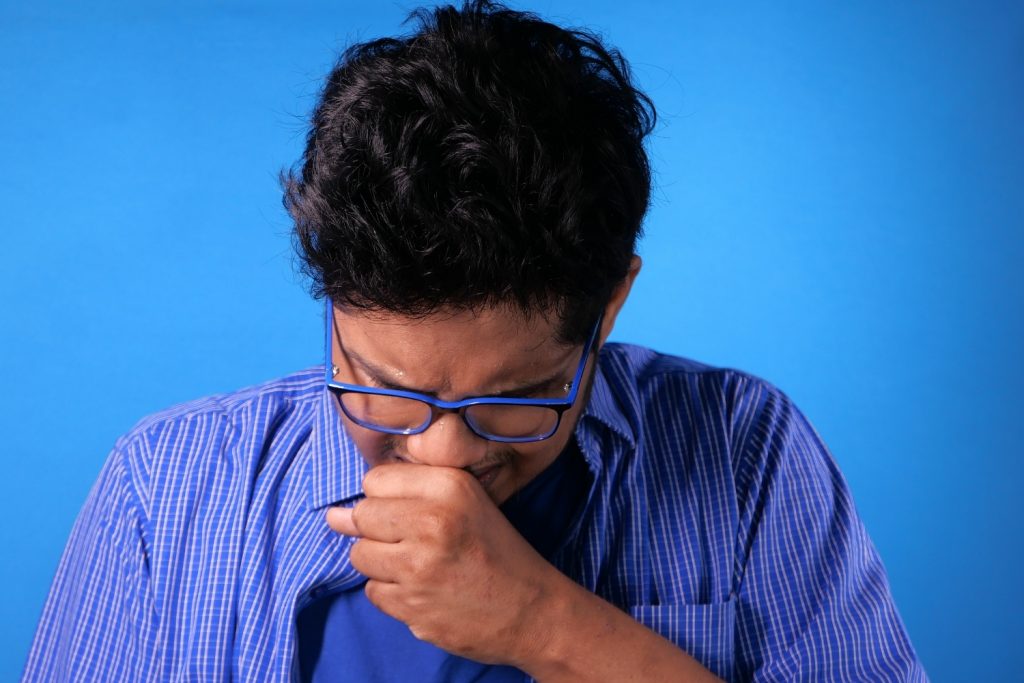Table of Contents

The Common Thyroid Concerns is a butterfly-shaped gland wrapped around the windpipe at the front of the neck. Its primary function is to regulate the metabolism that your body needs to carry out its functions.
What Is Thyroid Disease?
A properly functioning thyroid creates the right amount of hormones to keep your metabolism healthy. Thyroid disease is a broad range of medical conditions that prevent proper thyroid function.
According to the American Thyroid Association, more than 20 million Americans are affected by thyroid disease. It can be present at birth, or it can develop with age. Although men and women can develop thyroid disease, women are more likely to be diagnosed with thyroid conditions than men.
Thyroid disease typically falls into two categories:
Hyperthyroidism
This condition is the result of an overactive thyroid gland. Symptoms may include:
- Anxiety
- Increased or irregular heartbeat
- Irritability
- Tremors
- Excessive sweating
- Insomnia
- Diarrhea
- Altered menstrual cycle in women
Hypothyroidism
This condition occurs when your thyroid doesn’t produce enough of its hormones.
Symptoms of hypothyroidism may include:
- Fatigue
- Memory problems
- Weight gain
- Dry skin
- Thinning hair
- Constipation
- Slow heart rate
- Depression and cognitive decline
4 of the Most Common Thyroid Disorders

There are several thyroid disorders related to hyperthyroidism or hypothyroidism. Four of the most common thyroid disorders are Graves’ disease, Hashimoto’s thyroiditis, goiter, and nodules.
Graves’ Disease
Graves’ disease is an autoimmune disorder that occurs when the body’s immune system attacks the thyroid gland. It often results in an enlarged thyroid that overproduces hormones.
According to the National Institute of Health (NIH), Graves’ disease is responsible for 60% to 80% of all cases of hyperthyroidism. Although Graves’ disease can develop at any age in men or women, it is more common in women. Symptoms of Graves’ disease may include:
- Unexplained weight loss
- High blood pressure
- Excessive perspiration
- Increased bowel movements
- Development of goiter and swelling at the base of the neck due to an enlarged thyroid.
- Bulging eyes
- In women, changes in the menstrual cycle or fertility
To diagnose Graves’ disease, your doctor may run exams, such as blood tests, to check your thyroid hormone levels. While there is no cure for Graves’ disease, you can manage the symptoms with beta-blockers, antithyroid medications, radioactive iodine, or surgery that removes part or all of your thyroid gland.
Hashimoto’s Thyroiditis
Hashimoto’s thyroiditis is an autoimmune disease that attacks the thyroid gland and inhibits its ability to produce its hormones. According to the NIH, it is one of the most common thyroid conditions related to hypothyroidism affecting 5 in every 100 Americans. Many people with Hashimoto’s thyroiditis have subtle symptoms for years before, but symptoms may include:
- Fatigue
- Constipation
- Weight gain
- Dry or thin skin
- Thinning hair
- Irregular menstruation and fertility problems in women
- Intolerance to cold
If you are experiencing symptoms, your doctor may run blood tests to check for thyroid hormone levels and antibodies. There is no known cure for Hashimoto’s thyroiditis, but treatment options, such as hormone replacement therapy, can adjust thyroid hormones and relieve symptoms. Surgery can also remove some or all of the thyroid gland.
Goiter
Goiter is an unusual enlargement of the thyroid gland that is usually due to an iodine deficiency. Although goiter can affect anyone at any age, it is more common in women ages 40 and older. In the early stages, a goiter may not produce many symptoms, but if it grows large enough, it can cause symptoms such as:
- Difficulties swallowing and breathing
- Swelling or tightness in the neck
- Coughing and wheezing
- Hoarseness in the voice
To diagnose goiter, your doctor may conduct a physical exam by feeling your neck and having you swallow. An ultrasound can also reveal swelling and nodules. A blood test can measure thyroid hormone levels and antibodies. In most cases, iodine supplements can treat goiter. In severe cases, a patient may need surgery to remove all or part of the thyroid.
Thyroid Nodule
Thyroid nodules are solid or fluid-filled lumps on the thyroid gland. As with other thyroid conditions, nodules are more common in women than men, and the risk increases with age.
Most nodules are small and may not bring many symptoms. They can, however, grow large enough to see and cause swelling, pain, coughing, and difficulty breathing and swallowing. In a few cases, nodules can also be cancerous. Larger nodules can produce excess amounts of thyroid hormone, causing symptoms of hyperthyroidism such as a high pulse, nervousness, unexplained weight loss, and tremors.
Your doctor can detect nodules during a physical exam with a CT scan, MRI, or ultrasound. If a nodule is present, additional tests can check for hyperthyroidism or hypothyroidism. Your doctor may also run tests to determine whether the nodule is cancerous.
Treatment depends on the severity of the condition. Most nodules are small, noncancerous growths that don’t require intense treatment. If the nodule continues to grow, your doctor may use treatments such as radioactive iodine to shrink the nodules. In some cases, surgery may be necessary to remove part or all of the thyroid.
